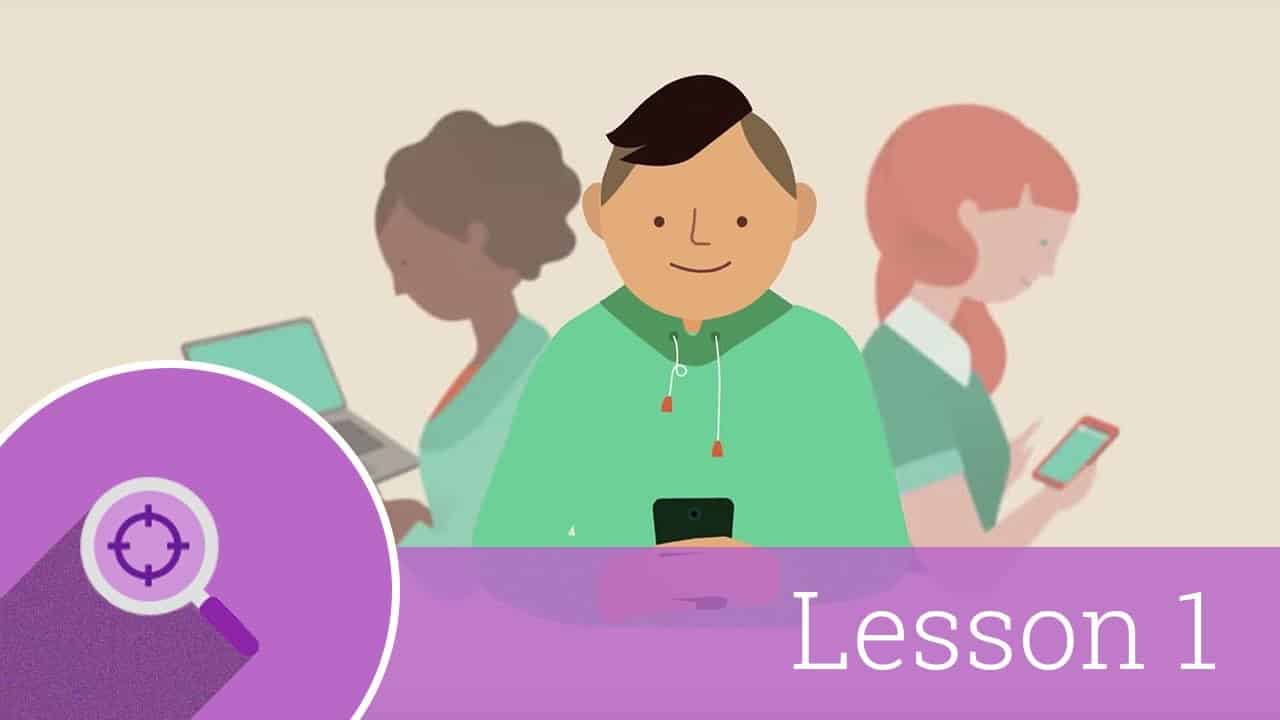Intro to search engine optimisation (SEO)
(narrator) Hello. Welcome to our introduction
to Search Engine Optimization, also known as SEO. We're going to be finding out how search engines
understand your website, so you can tweak it accordingly. This means your content will be shown
to lots more potential customers. First up, some advice from Adrian
on how learning about SEO really helped his business. Optimizing my site for organic search
has been absolutely essential. I wouldn't want to be in a position
where I'm just running a site just on ads. It needs to be ads and organic– that's a fully balanced business model. Get your site completely sorted out. Make sure your site
is as clean as it can be, looks great, works in response to theme, to make sure every page on your site
is doing what it's supposed to do.
The first thing I do in the morning is click to see where I am
for "Best Man's Speech". I'm nudging on page two of Google now
which to me is like Christmas. If I have the best site
with the best information, I will stand out. And that's the plan. Simple. Every day millions of people
search online, for everything
from airline tickets to zoos. This means there are millions
of opportunities for businesses to appear
in front of potential customers. Let's say you own a small farm and want to expand
by selling your produce online.
SEO helps search engines
understand better what you have to offer. This means when someone searches
using a word or phrase related to your business like, let's say, "heirloom tomatoes", you're more likely
to appear in their results. When a search engine returns results,
some of them are paid advertisements. The rest are unpaid results
that the search engine believes are relevant to the phrases
entered into the search box. These are referred to
as "organic results". Search engines have formulas or algorithms
that help them order the list of results. The search engines constantly
scour the web for new content and try to make sense of it. Where your website
appears in these results is affected by the words
you use on your site. "Fresh farm produce", for example,
as well as other factors, such as how many websites link to yours.

Does this seem confusing? Well, how's this? Think of a search engine
like a matchmaker; the goal to find a searcher exactly what he or she
is looking for on the web. But how does this work? Well, to present
the best possible results, the engines look for as much information
as possible about websites. They might look at how popular sites are, or what other people or sites
are saying about them. They might consider words on web pages,
or key words in the code of a page to better understand the topic. Each of these components
will help search engines find the best match for your search. Search engines can now also consider
the searcher's geographic location. A search from the UK will display
a localized set of results.
Chances are the same search
originating from France will show different results. And with the explosion of mobile usage, search engines now consider
the devices people use when they perform a search. But just like a matchmaker
who's been in business for years gets better and better, search formulas evolve and add
more and more information along the way. Are you wondering what you can do to make your site
more attractive to search engines? We'll touch more on this in other videos, but here's a good starting point. What search engines value most
is unique, engaging, relevant content, because their job is to find
and show the most useful stuff. So there we have it. Search is a simple thing to use
and many of us use it every day.
But what's happening behind the scenes
is constantly changing. To effectively promote
your website online, you've got to keep tabs
on what search engines value most and make sure your website
gives it to them. As we go along, we'll tell you much more
about how search engines work and help you to create a strategy
for improving SEO in order to achieve your business goals..



